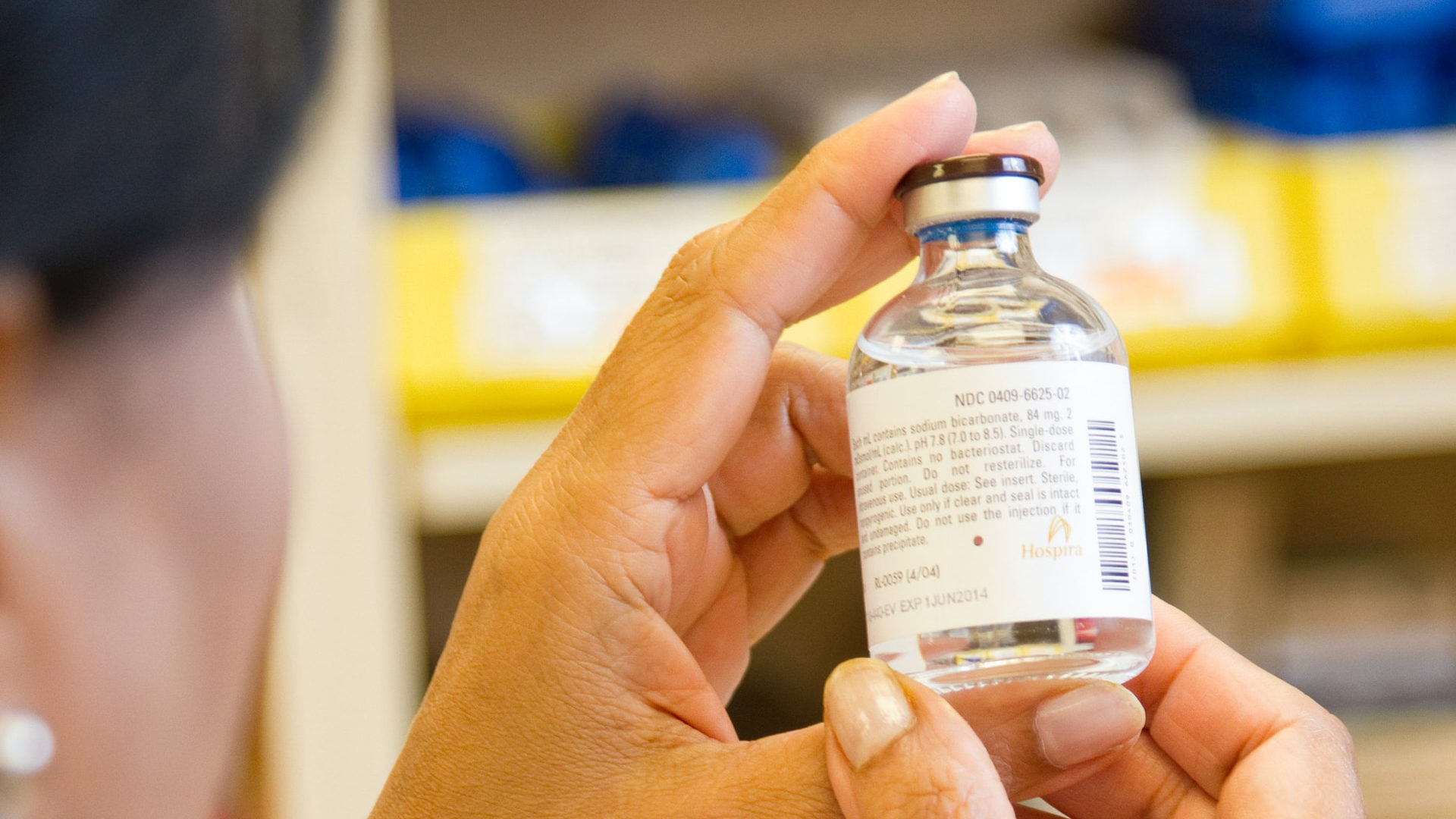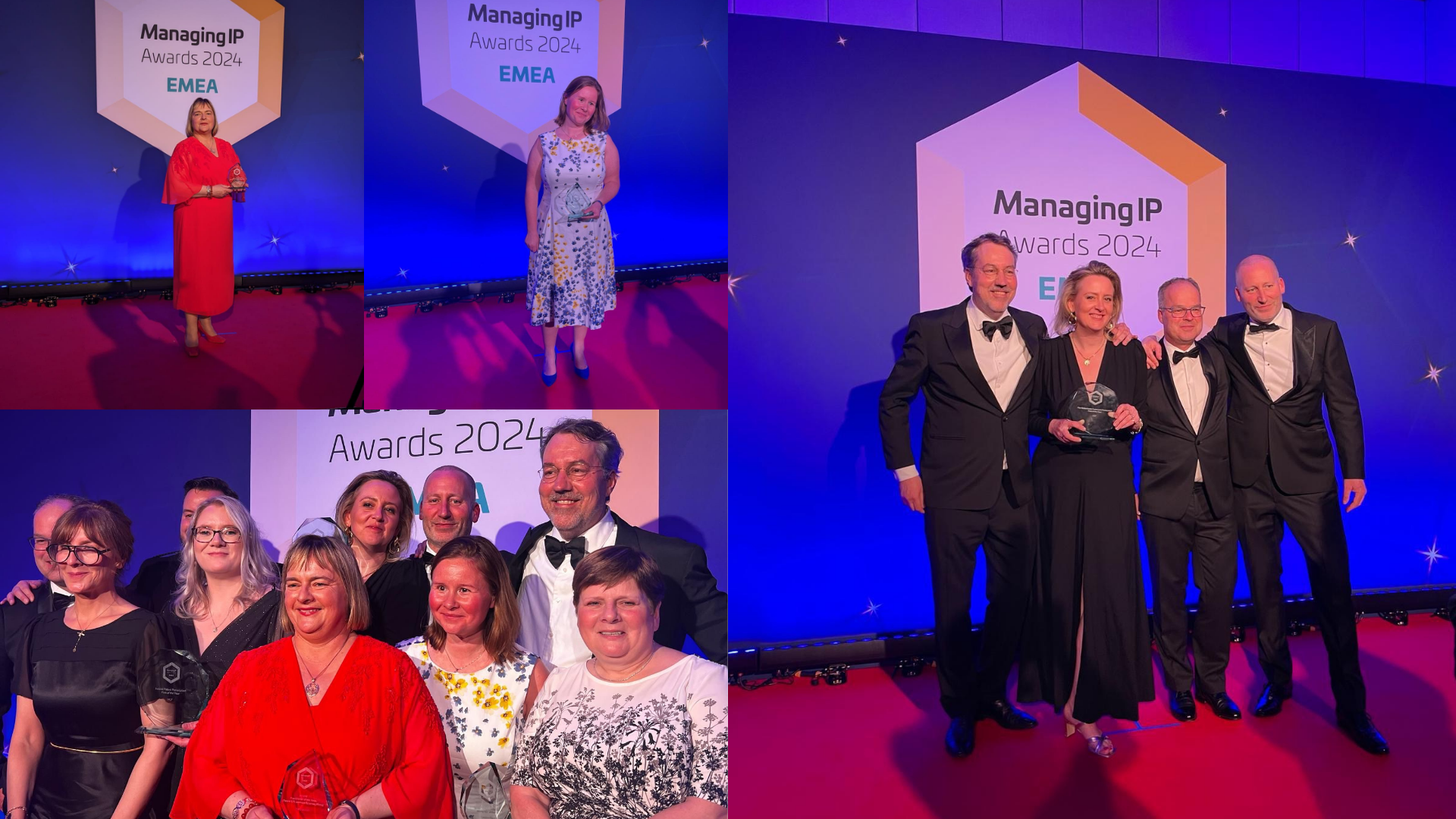News
Compulsory licences: the key to accessing inventions in the face of coronavirus?
May 2020
The current coronavirus pandemic provides a unique opportunity for the life sciences sector to invent, and to do so on an international scale. The race is on to develop a vaccine, effective therapies, and accurate tests for the virus required by every country in the world, but such innovations typically take years to discover and refine. The only way to move quicker in such research is to collaborate and cooperate to provide resources and expertise as needed, but this provides significant challenges for intellectual property (IP).
Individual companies that conduct research and development in the life sciences field are generally highly protective of their intellectual property, perhaps more so than other fields, because inventions can take decades to come to market and require such an enormous amount of investment in R&D. A typical vaccine takes around 10-15 years to come to market after being invented, protected, and then tested through clinical trials. This is a complex and costly procedure which leads R&D companies to rely on patents to secure their monopoly and ensure income when the product finally reaches fruition. These companies usually file a high number of patent applications, closely monitor competitors activities, and are active in enforcing their patents. Collaborations do take place, but are unfortunately slow to occur, requiring extensive agreements and funding.
Whilst patent applications are being filed around coronavirus technologies, the sudden need for solutions to this pandemic crisis has prompted many companies to take a different approach. A huge number of collaborations and co-operations are already underway, with protection of IP seemingly taking a back seat. Not only that, but companies and governments are acting to waive pre-existing IP rights. Such an “opensource” style research and access to otherwise patent protected IP is unprecedented.
Many patent laws around the world have provisions for times in which an invention under patent protection is so necessary, that the exclusivity provided by the patent can be removed. Such provisions are known as compulsory licences. Compulsory licences are a means by which a government can authorise third parties to make, sell, or use a patented invention. They are not a common occurrence. In the UK, the Intellectual Property Office receives less than one application for a compulsory licence per year, and even fewer are granted. Section 48 of the UK Patents Act [1] defines the requirements for these unusual licences. It states: from 3 years after the grant of a UK patent, any person may apply for a compulsory licence or for licenses as of right to be made available, if actual demand for a product in the UK is not being met on reasonable terms. Reasonable terms can include a consideration of the price charged by the patentee for a patented product. Similar provisions exist in Germany, France, the Netherlands and many other jurisdictions.
Although compulsory licences are rare, since the coronavirus outbreak several countries have announced broad compulsory licensing of almost any technology useful in the fight against coronavirus on a level that has never been seen before. South America has led the way, with Chile [2] and Ecuador[3] announcing that they will implement compulsory licensing to facilitate access to vaccines, drugs, diagnostics, devices, supplies, and other technologies useful for the surveillance, prevention, detection, diagnosis and treatment of people infected by coronavirus. However, these licences are yet to be implemented.
In mid-March Israel was the first country to announce the grant of a compulsory licence permit for access to a coronavirus treatment; the drug Iopinavir/ritonavir (Kaletra) [4] produced by Abbvie. This drug is usually used to treat HIV, but is currently undergoing testing for antiviral effectiveness against coronavirus. The licence allows the importation of the drug into Israel much more cheaply from a generic pharmaceutical company based in India, an action that would normally constitute patent infringement. Only a day after this announcement, Abbvie then stated that it would, in any case, be waiving restrictions on licences that would prevent generic companies supplying Iopinavir/ritonavir anywhere in the world and for any purpose [5]. Abbvie further indicated that it would not be enforcing patents relating to paediatric uses of the drug anywhere in the world. This huge lift on restrictions means that generic supply of Iopinavir/ritonavir can proceed around the world, aside from coronavirus, this is a huge benefit to HIV patients who have been campaigning for better access to this drug for years.
On 22nd March, Gilead announced that it would be rescinding valuable orphan drug status for its widely touted anti-viral therapy; Remdesivir [6], in order to accelerate its production in the US. Remdesivir is a nucleotide analogue prodrug originally tested in Ebola patients. It has been identified by many as the most promising candidate treatment for COVID-19, despite the lack of data to support its effectiveness. The worldwide interest in the drug has sparked other countries to take different actions in an attempt to secure access. In China, the Wuhan Institute of Virology filed several patent applications covering the use of Remdesivir in combination with an antimalarial treatment for use in the treatment of COVID-19 [7]. After filing, the Institute issued a statement saying that the applications were filed in the nation’s interest and that they would forgo enforcement if pharmaceutical companies were to collaborate with China to find a treatment for the illness. It seems that these are defensive filings to try to gain access to Remdesivir, perhaps to negotiate a lower licensing fee. In any case, China also has compulsory licensing laws that it could use to obtain access to Remdesivir if needed.Flicen
Meanwhile in Europe, no compulsory licences have yet been granted. There was speculation that Roche, which makes valuable testing kits for coronavirus, would be subject to such a licence before it agreed to share the process for making for its lysis buffer with the Dutch national government[8]. Institutions in the Netherlands had accused Roche of rationing supply of the key buffer and decreasing coronavirus testing capability, catching the attention of the European Commission. However, it later turned out that there was no IP surrounding the lysis buffer and no compulsory licensing was necessary.
In the UK, another provision exists for gaining access to patented IP. So called “Crown use” [9] provides for the government to order the making of a patented product or use of a patented process without consent from the patentee, rather than allowing a third party to do so upon request. This can be seen as a more extreme measure than compulsory licensing and was drafted specifically for use in emergencies such as pandemics. Section 55 of the Patents Act states that any person authorised in writing by a government department may, for the services of the Crown, do an act which would constitute patent infringement. Terms for Crown use may be agreed with the proprietor of the patent or determined by the court. Section 59 adds that during any period of emergency, the crown may exercise such rights to use an invention for any purpose such as for the maintenance of supplies and services essential to the life of the community, and for securing a sufficiency of supplies and services essential to the well-being of the community. Thus far crown use has yet to be put into action due to coronavirus.
Although enforced licensing or use seems like an easy way to ensure access to key inventions, it is vital that the patent holders subject are fairly compensated for such compulsory licences or crown use to ensure that income from innovation, which is relied upon for current and future R&D, is not compromised. The pipeline of new medicines is typically funded by the sales of previous patent protected drugs, and is a very expensive process. There are also logistical difficulties with compulsory licensing or crown use of pharmaceutical products. Whilst companies may initially be keen to produce previously patent protected drugs, in reality there is a huge amount of rigorous set-up for manufacturing drugs, and supply of key excipients or other ingredients often with high grade and purity needs to be obtained, which could be problematic. Such issues could actually cause a delay in the provision of desirable therapies, despite the access permitted by such measures.
In the midst of the current pandemic, there have been calls from researchers and governments for the usual IP strategies and agendas pursued by companies to be side-lined, and for cooperation and collaboration to be prioritised in whatever way possible. Compulsory licensing is one way to achieve this, and is already being exploited in an unprecedented way to ensure access to the most promising medical advancements to treat coronavirus. It remains to be seen if the even more obscure crown use provisions will be utilised in the UK.
In view of the humanitarian need and the pressure of public opinion, it is encouraging that in most cases, companies are choosing to waive their patent rights before being forced to do so. Pre-empting possible compulsory licence requests or crown use has so far allowed companies to maintain relatively good public opinion and avoid creating PR issues. In a time when the spotlight is firmly on the healthcare sector, these companies are keen to show that they are not providing barriers to finding an effective treatment, and perhaps make the most of the opportunity to improve their public reputation.
[2] https://www.keionline.org/chilean-covid-resolution?_sm_au_=iVVvns5WHQ11sMDPvMFckK0232C0F
[3] https://www.keionline.org/wp-content/uploads/ES-Ecuador-CL-resolution.pdf
[5] https://www.ft.com/content/5a7a9658-6d1f-11ea-89df-41bea055720b
[7] https://www.ncbi.nlm.nih.gov/pmc/articles/PMC7156563/#!po=56.2500
[8] https://www.ftm.nl/artikelen/roche-releases-recipe-after-public-pressure-while-european-commission-considers-intervention-due-to-coronavirus-test
This article was prepared by HGF Senior Patent Attorney Ellie Purnell. If you would like further advice on this or any other matter, please contact Ellie. Alternatively, you can contact your usual HGF representative or visit our Contact page to get in touch with your nearest HGF office.































